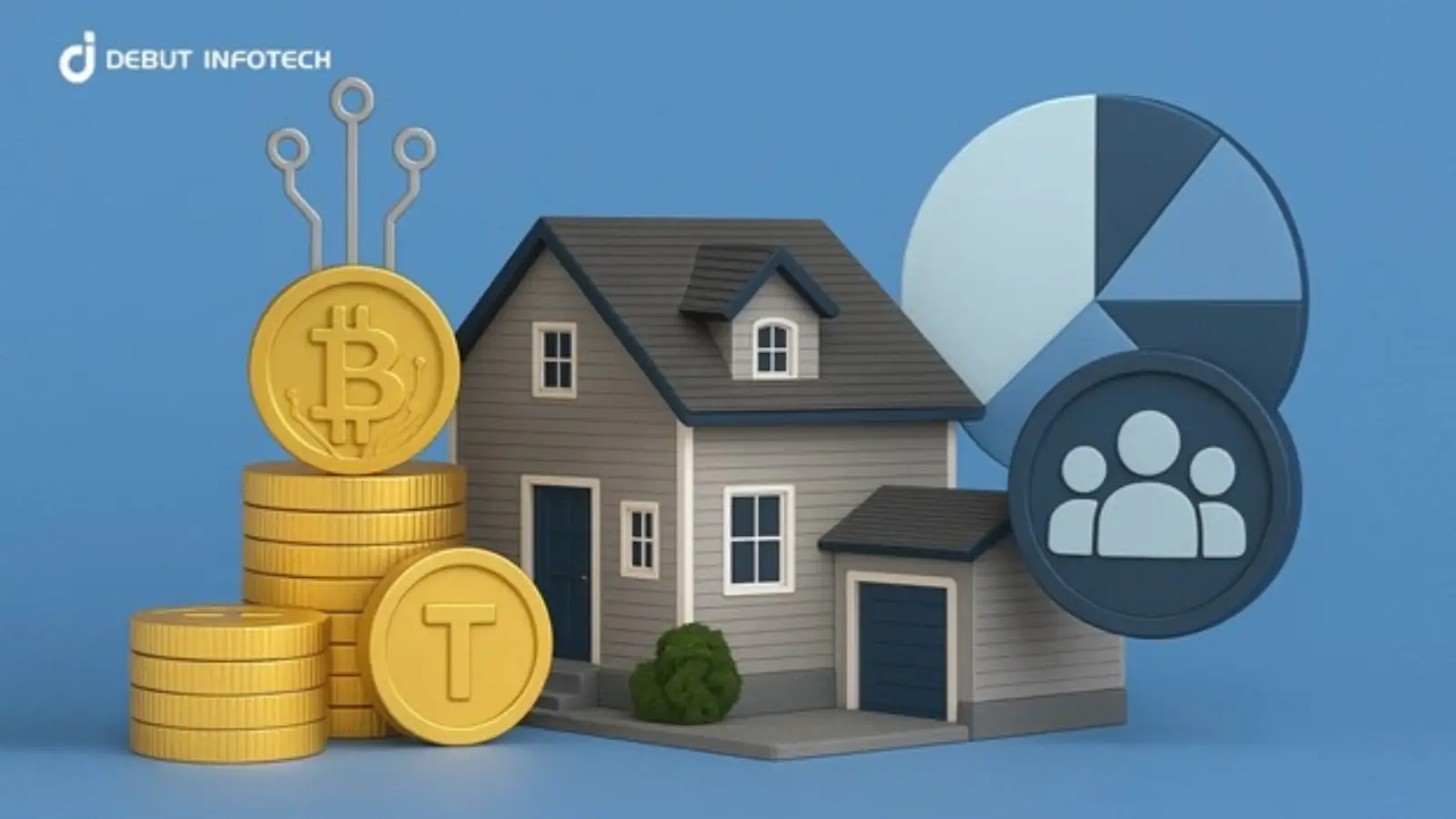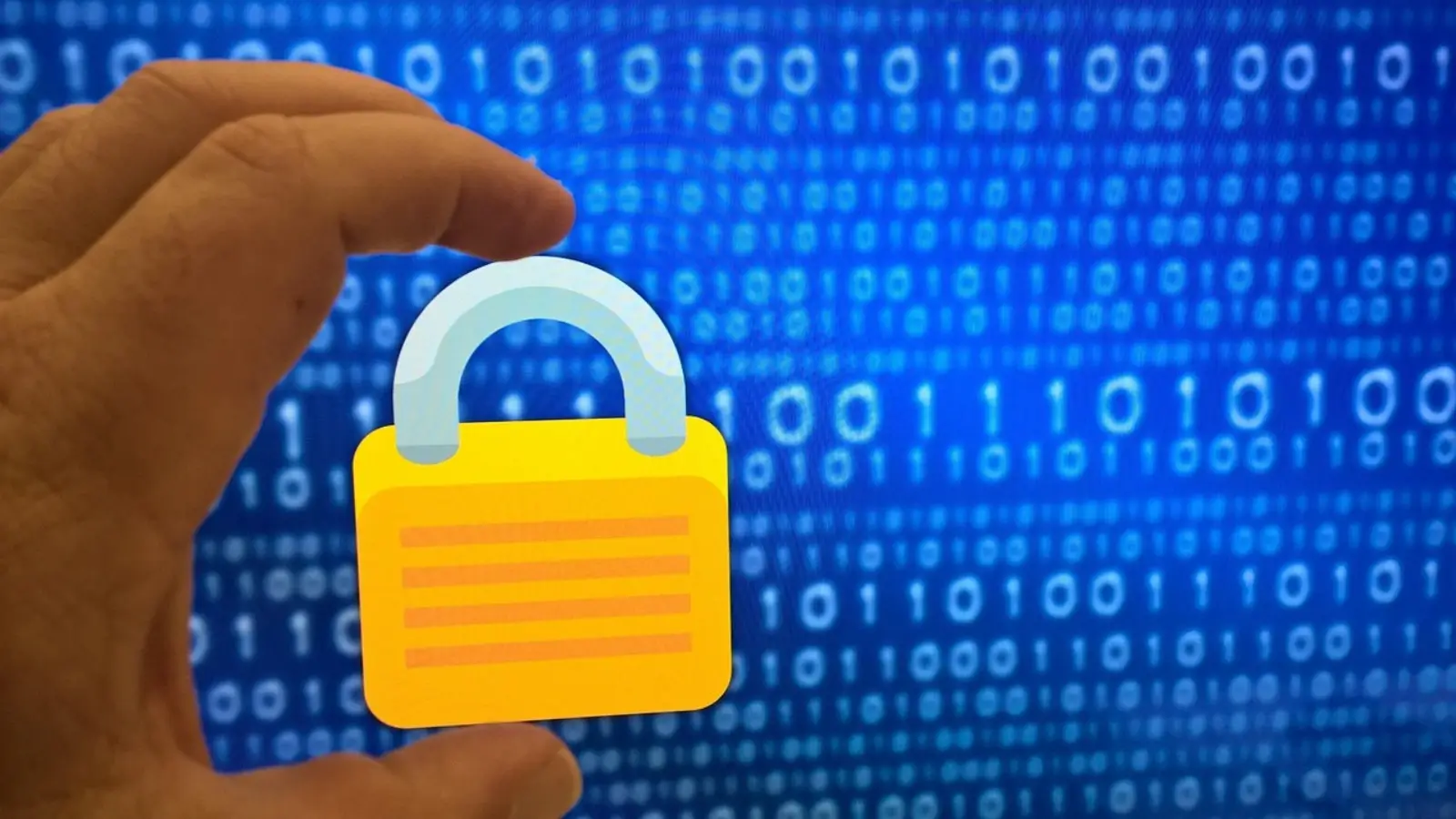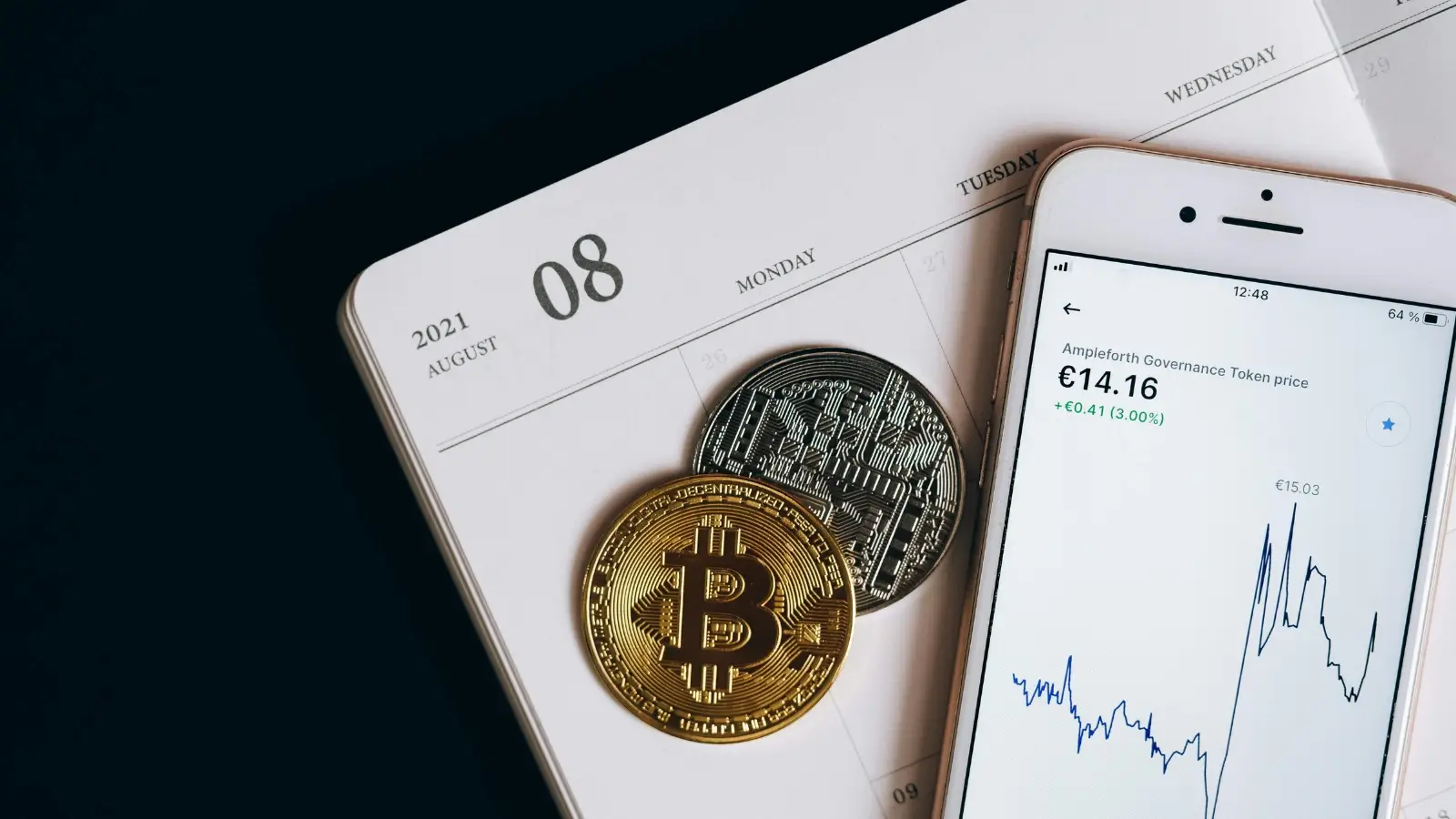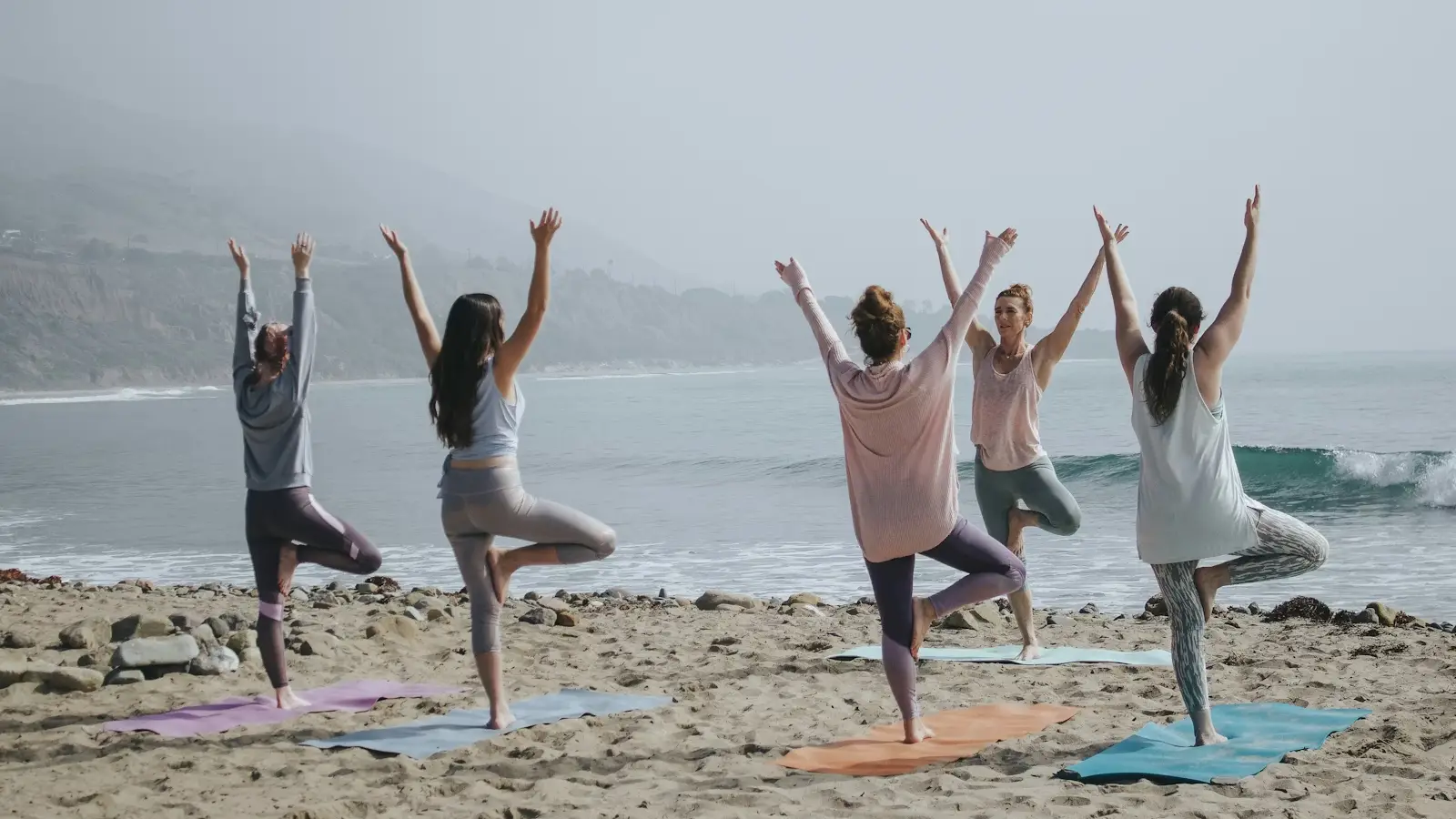Crowdsourcing Fiction via DAOs
— Crowdsourcing fiction through DAOs empowers global communities to collaboratively write, fund, and govern stories in a decentralized, blockchain-driven model.

Introduction
The landscape of storytelling has been evolving rapidly in the digital era, with new platforms and technologies enabling unprecedented levels of collaboration and creativity. Among these innovations, Decentralized Autonomous Organizations, or DAOs, have emerged as a powerful force reshaping how creative projects are conceptualized, funded, and managed. DAOs leverage blockchain technology to create decentralized communities governed by smart contracts, allowing participants to make collective decisions without centralized control. Applying this decentralized governance to fiction writing has given rise to a new model: crowdsourcing fiction via DAOs. This approach opens up exciting possibilities for shared storytelling, community engagement, and innovative publishing models that challenge traditional author-centric narratives. Market moves don’t need to feel random. Tools such as Arbionis show what changes happen and when they matter.
The Concept of DAOs in Creative Collaboration
DAOs are essentially organizations run on blockchain protocols where members use tokens to vote on proposals, fund projects, and govern activities. Unlike traditional organizations with hierarchical leadership, DAOs operate transparently with decisions encoded in smart contracts that execute automatically. This structure democratizes control and enables global participation without relying on intermediaries.
In creative fields such as fiction writing, DAOs empower contributors to collectively decide on story arcs, characters, and publication methods. By removing gatekeepers, DAOs enable authors, fans, and investors to work together in shaping narratives and sharing the rewards of success. This communal approach offers an alternative to the solitary author or corporate publisher model and brings creativity into a collective, participatory sphere.
How Crowdsourcing Fiction via DAOs Works
Crowdsourcing fiction through a DAO involves a community of token holders contributing to different aspects of the storytelling process. Members can propose plot ideas, submit chapters or dialogue, vote on key decisions, and pool funds to support editing, artwork, and distribution. The governance rules embedded in the DAO’s smart contracts ensure that contributions are rewarded transparently, often with tokens that represent ownership or profit shares.
The workflow might start with a general story premise proposed by one or more contributors. Through voting, the community decides which direction the story takes, choosing character developments, plot twists, or setting changes. Writers submit drafts, which can be reviewed and edited collaboratively, while readers participate in feedback rounds. Funding decisions—such as paying editors, illustrators, or marketing efforts—are also managed collectively, with budgets allocated based on community consensus.
This participatory model allows for fluid and dynamic storytelling shaped by the collective will of the DAO, creating a unique interactive experience that blurs the line between creator and audience.
Advantages of Using DAOs for Fiction Projects
There are several compelling benefits to crowdsourcing fiction via DAOs. First, it fosters deep community engagement. Contributors and readers who hold DAO tokens feel a vested interest in the project’s success, leading to active participation and loyalty. This direct connection between creators and audiences builds stronger bonds than traditional publishing channels.
Second, DAOs democratize access to creative opportunities. Emerging writers or marginalized voices who might struggle to get published in conventional markets can find support and collaboration within these decentralized communities. The lack of gatekeepers reduces barriers and encourages diverse storytelling.
Third, DAOs introduce transparent and fair financial models. Smart contracts automatically distribute royalties, crowdfunding proceeds, and other revenues based on token holdings or contribution metrics. This transparency reduces disputes and increases trust among collaborators.
Fourth, the global nature of DAOs enables creators and fans from around the world to collaborate seamlessly, leveraging diverse perspectives and cultural influences that enrich the stories produced.
Real-World Examples of Fiction DAOs
Though still nascent, several projects exemplify crowdsourcing fiction through DAOs. Some DAOs focus on episodic storytelling, where the community votes on each chapter’s direction and authorship. Others fund graphic novels, scripts, or interactive narratives. Platforms supporting creative DAOs integrate governance tools with publishing and social media, allowing stories to be shared, critiqued, and monetized efficiently.
An example includes DAOs that crowdfund fantasy series with token holders deciding on plot developments or character arcs. These communities often incentivize contributors through token rewards tied to the project’s commercial success, creating new financial pathways for authors and participants alike.
Challenges in Crowdsourcing Fiction via DAOs
Despite its promise, crowdsourcing fiction through DAOs faces notable challenges. Coordinating creative input from a diverse, decentralized group can be difficult. Conflicting opinions on story direction risk fragmenting the narrative or slowing progress. Effective moderation and clear governance rules are essential to maintaining coherence and momentum.
Intellectual property rights present another complexity. Ensuring that all contributors’ works are legally protected and that profits are fairly distributed requires robust legal frameworks and transparent contract terms, which remain evolving in the blockchain space.
Technical barriers also limit participation. Engaging with DAOs requires familiarity with blockchain wallets, tokens, and decentralized governance platforms. This can exclude potential contributors unfamiliar with these technologies, impacting the diversity and reach of projects.
The Future of Storytelling with DAOs
As blockchain technology matures, it is likely that DAOs will become more accessible and user-friendly, expanding their creative potential. Crowdsourced fiction DAOs may evolve into fully decentralized publishing houses where community curation replaces traditional editors, agents, and publishers. These DAOs could offer seamless integration of multimedia elements, interactive storytelling, and real-time audience participation.
The DAO model could also spur the emergence of entirely new narrative genres shaped by collective imagination and blockchain-enabled incentives. Furthermore, decentralized finance (DeFi) mechanisms might provide innovative funding and revenue-sharing models for creative projects.
Legal and regulatory developments will be crucial in shaping how intellectual property and contributor rights are managed within DAO environments, fostering trust and long-term sustainability.
Conclusion
Crowdsourcing fiction via DAOs represents a groundbreaking convergence of blockchain technology and creative collaboration. By decentralizing control and funding, DAOs open storytelling to wider participation, diverse voices, and innovative financial models. While challenges such as coordination, legal frameworks, and technical barriers persist, the potential for transforming how stories are created, shared, and monetized is immense. As this model gains traction, it promises to redefine the future of fiction, turning narrative creation into a truly communal and decentralized endeavor.



















